Nicaragua. After having traveled through northern Central America, it strikes me how little independent these countries actually are. Of course, there has always been the big imperialist empires Spain, Britain and in later years the United States, that have tried to steer them into whatever direction was convenient for them. But also the protest, the rebellion against the global exploitative system, is very much dependent on the strength of similar forces in other countries. Just take Nicaragua: The big hero national Augusto Cesar Sandino, who fought against United States forces in the 1930. The black-and-red anarchist flag that he introduced was brought from Mexico, where he had been working in the Petrol industry and had been awakened politically by the revolutionary Mexican communist and anarchist movements in Tampico.
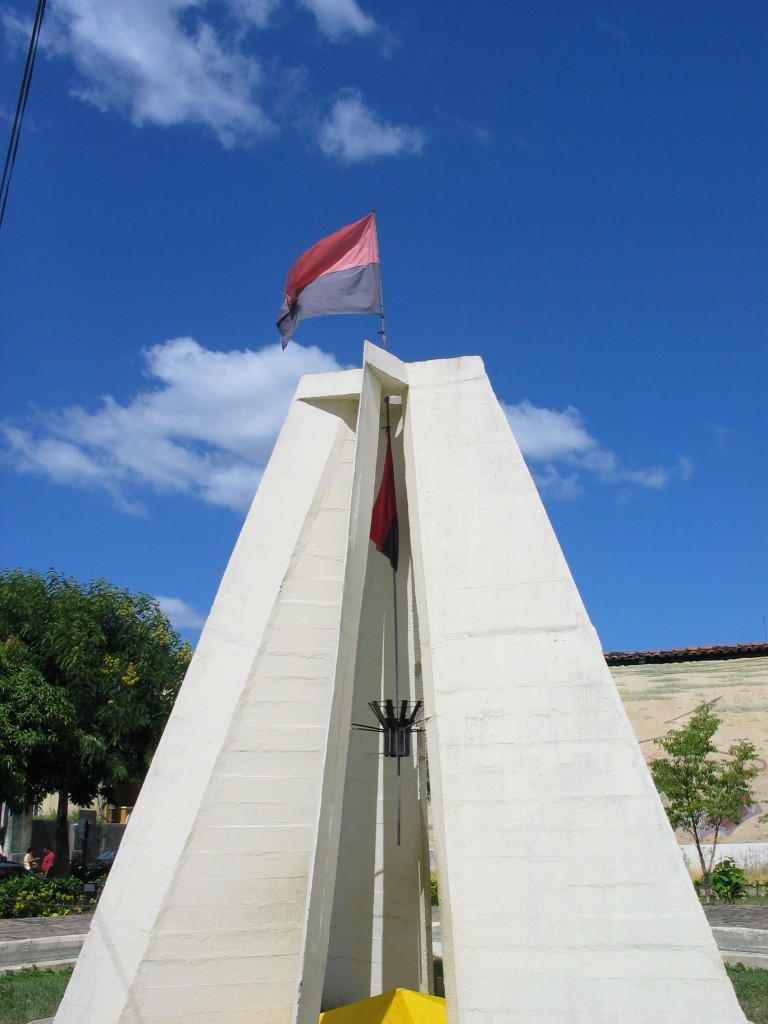
When the US had replaced him with the Somoza dictatorship, it would take the support of the Soviet Union in order to to built up an adequate alternative support, for the Sandinista movement to overthrow it (1979). After 16 years of opposition, the same president that was sitting in the 1980s, Daniel Ortega, will be taking office again tomorrow. This time it is with the support of Venezuela, which already has sent a number of transformers to alleviate the country of its energy crisis.
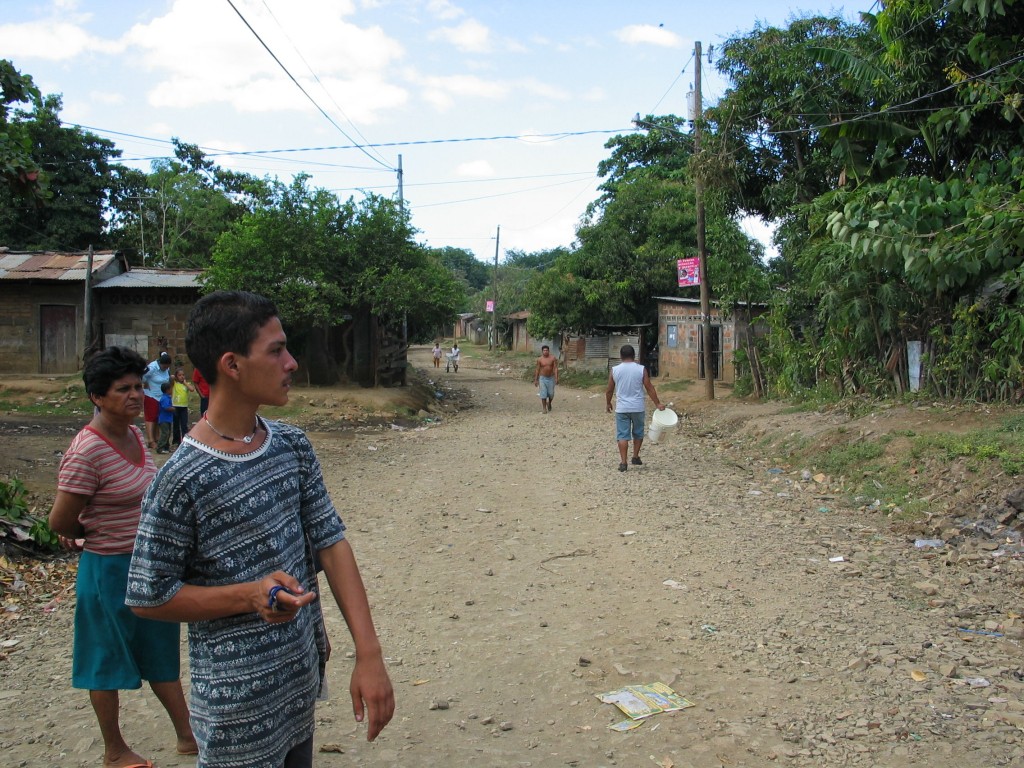
For the last few weeks, I have visited both the conservative Granada (which largely has turned into a tourist “Gringolandia” as two Argentinian girls called it), as well as the island of Ometepe, Estelí (where some of the last battles were fought), León (the main Sandinista stronghold during their years of opposition) and Managua (the capital).
The red-and-black Sandinista flag is hoisted absolutely everywhere, although probably somewhat more in the poorer areas. And Ortega definitely also has the support of the younger generation.
But differently from Mexico, I have not been able to discover much of any movement among them. Sure, they will put the Sandinista banner up, but they do not really seem to become involved themselves.
A reason for that might be the generally different coalition that is formed here: this fall, the right of abortion was taken away after a vote in the national assembly. Amongst others, also Sandinista deputies voted for taking it away.
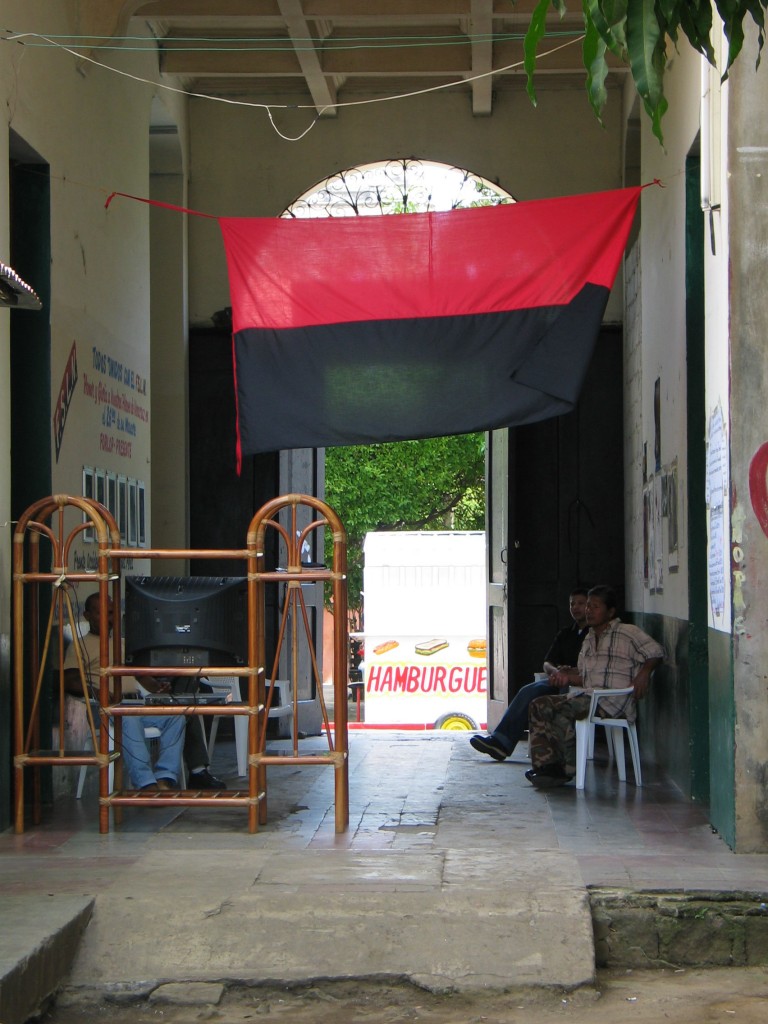
In León, the men hanging around a Sandinista veterans’ club, explained it to me as being “a comprise” with the catholic church. “In the 1980s, the church was against us; now they’re with us. […] Most people in this country are catholic, and the MRS candidate [and alternative Sandinista party] was stupid when he said that he supported women’s right to take an abort.” Also, Ortega was not elected by over 50% over the vote: the liberal parties ALN and PLC could not agree on a candidate, and 37.99% was enough for Ortega to have a margin big enough towards both of them. Such maneuvering can win elections (at times), but will it also win public opinion for a different way of doing politics? Will it involve people?
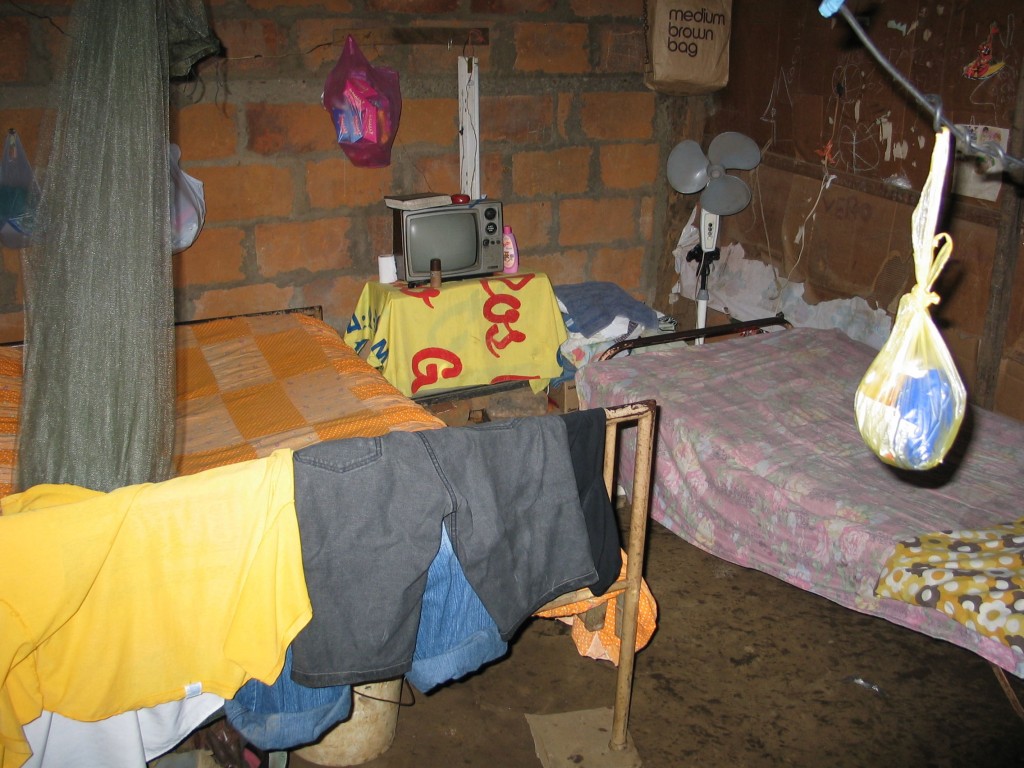
Another factor is the enormous poverty and the desperation that is prevalent in Nicaragua. I typed this letter (English translation) for the mother of Maria Elena, whom I met at the town square of León. She was trying to “give tours” of the town, but the universal usage of the Lonely Planet in the last few years has meant that no one is interested in city tours anymore. “60% unemployment!” a US American leftist woman, who had been down here during the first time during the first Sandinista regime, complained.
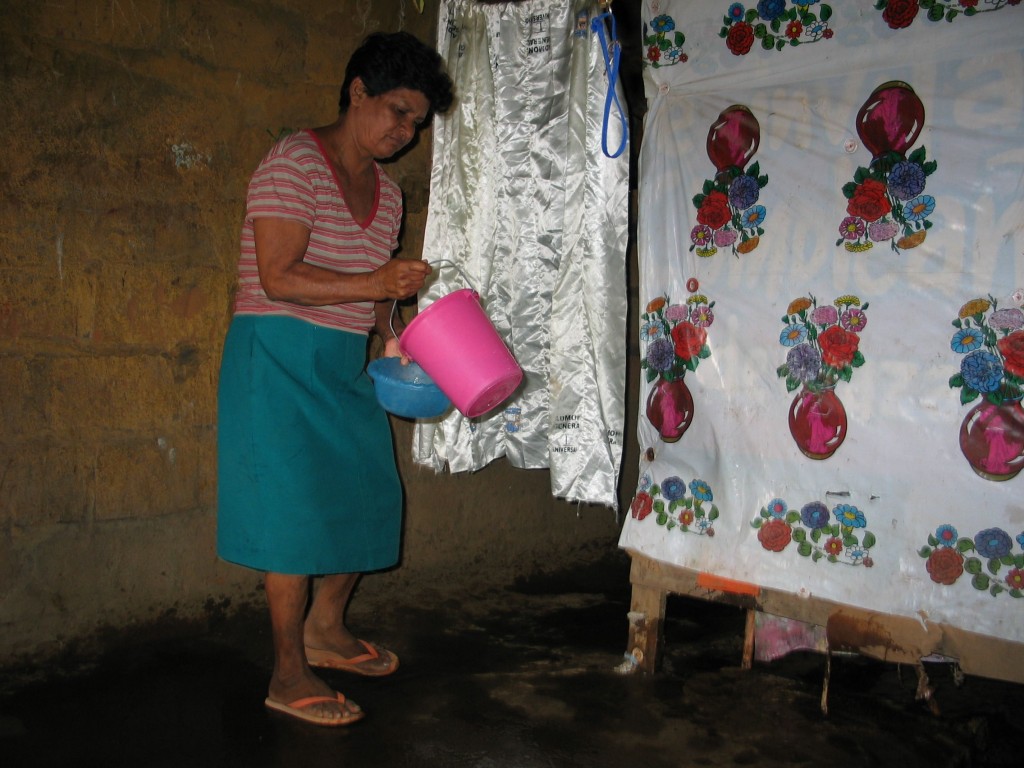
Maria Elena herself is living in a shed on a dirt road where she is sharing two beds with her two kids (the oldest 15 years of age). When I start typing the letter, I do at first not hear the word “faith”, and so I ask her again. “Oh,” she explains, “it’s cause Daniel Ortega is a roman catholic.” God is invoked a few more times in the latter asking for some iron and cement to fix the house of her mother. I agree to try to give a copy of the letter to someone on Ortega’s staff tomorrow.
The letter talks warmly about the 1980s. But in reality, Maria Elena tells me at another time, her family was doing economically a lot better during the dictatorship in the 1980s in the cotton business: “All that went away when the war [against the Ronald Reagan sponsored Contras] started.”
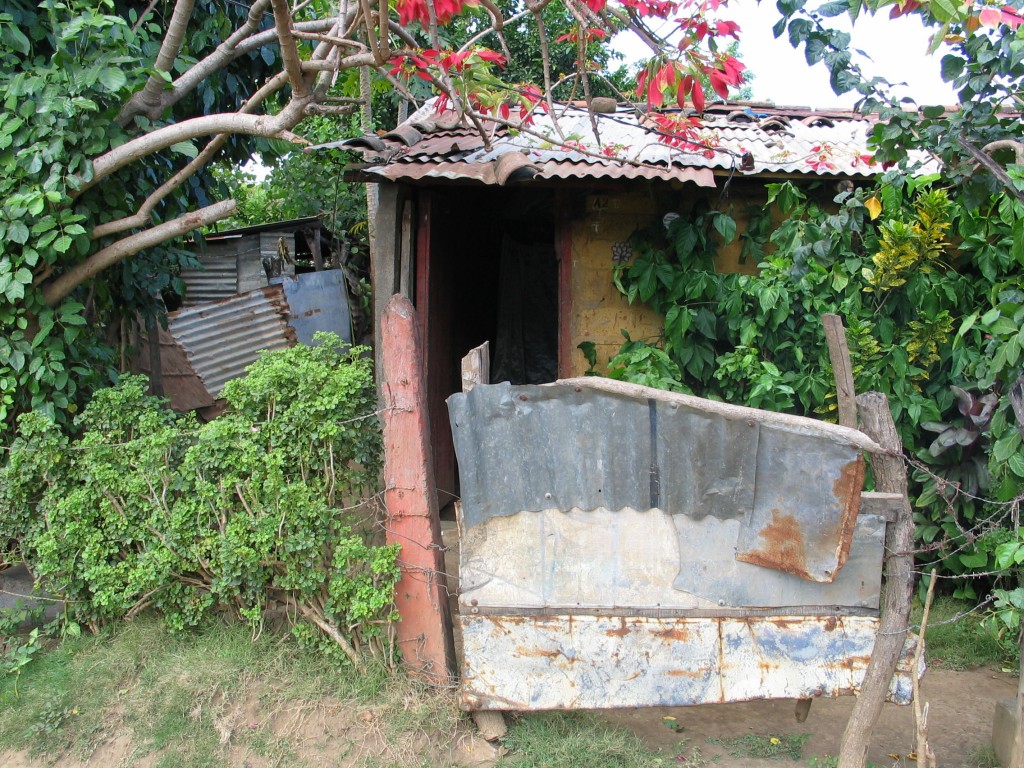
I did not manage to find out whether Maria actually meant what she wrote and preferred poverty to dictatorship, or whether she just used it to convince Ortega to help her. For herself, Maria Elena hopes to scrape together the money for a table and some plastic chairs, so that she will be able to sell sandwiches on the town square. Another tourist already gave her the Tupperware box she wants to use to keep them fresh.
Now in Manuaga, I will see what will happen tomorrow. Bush already congratulated Ortega by phone; Chavez will come in person.
